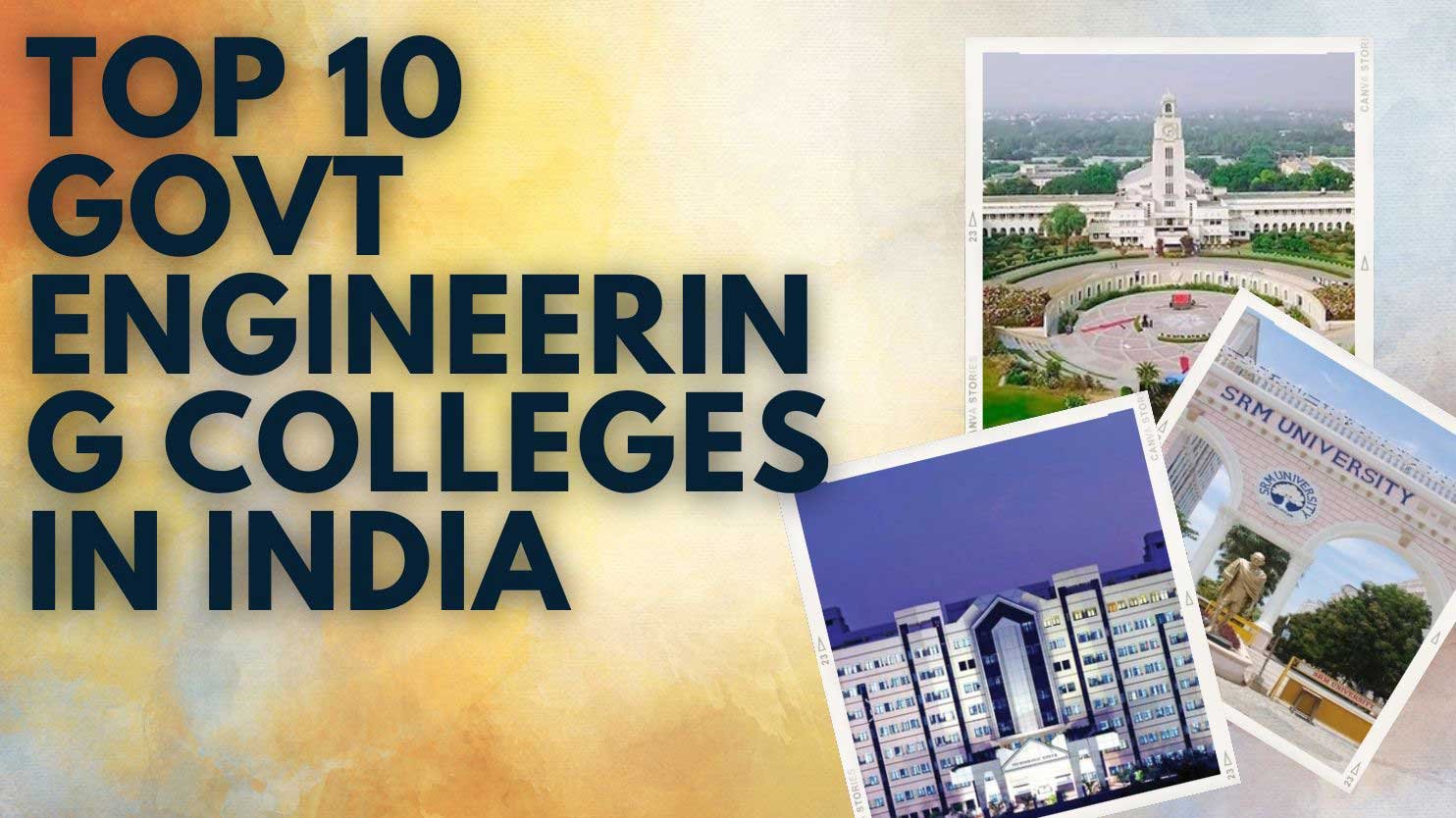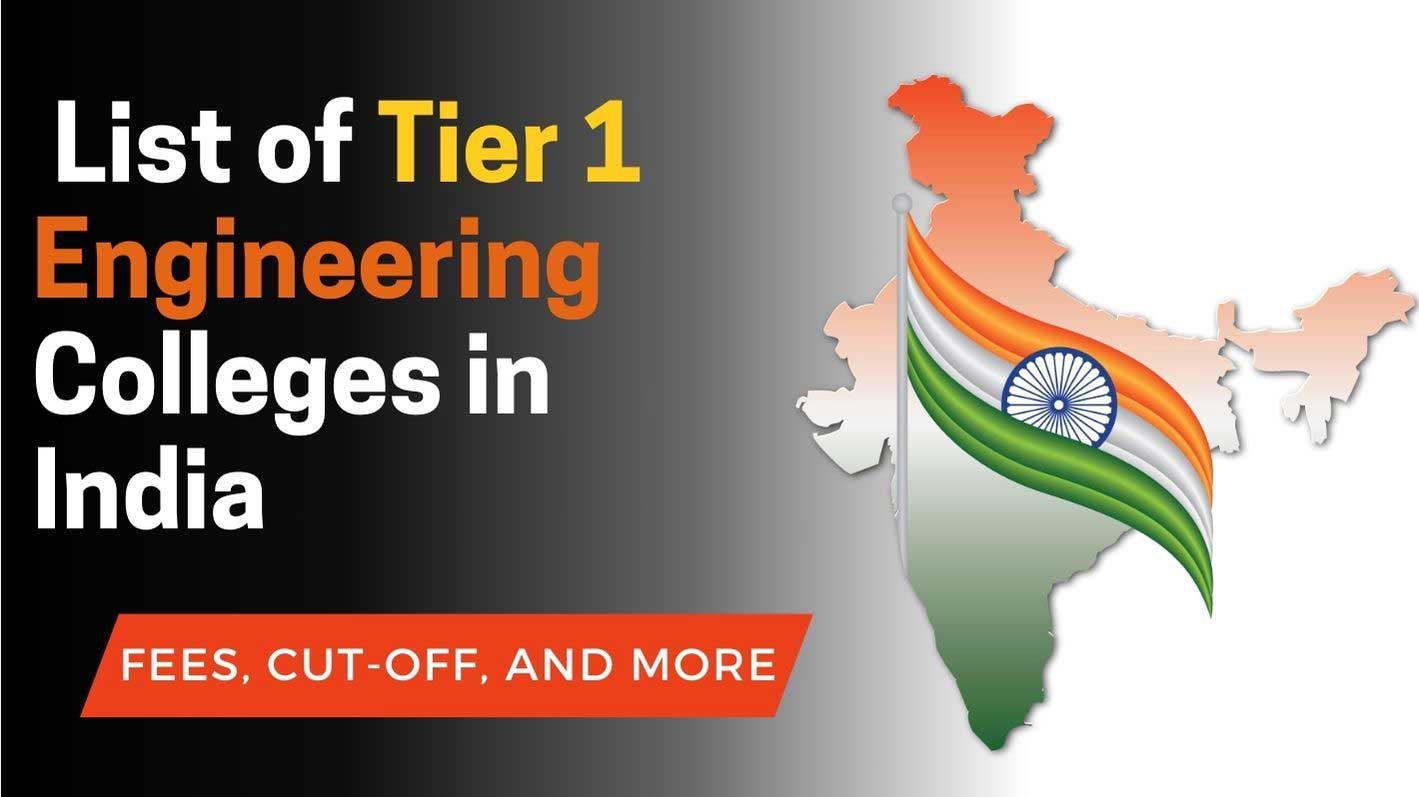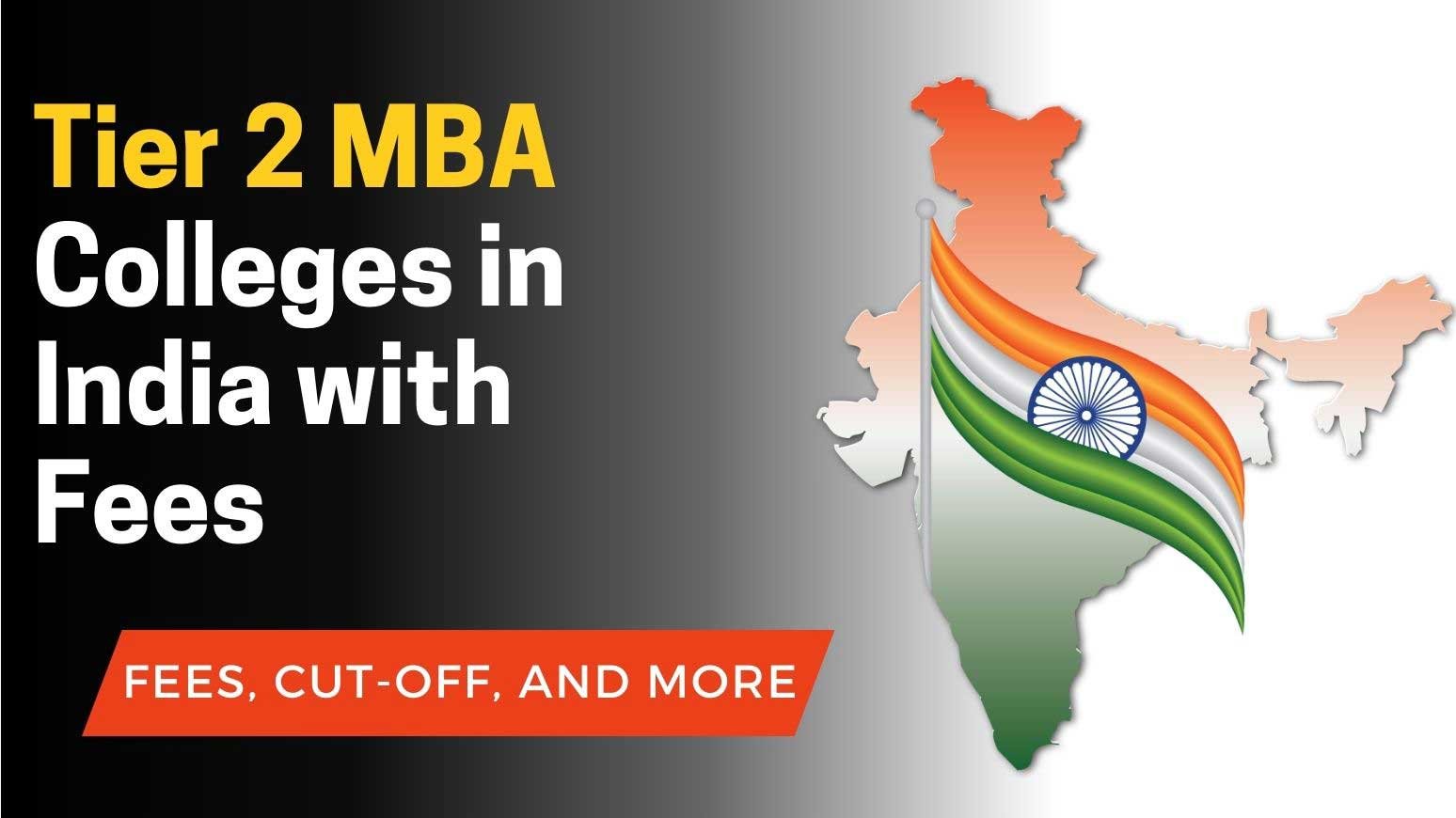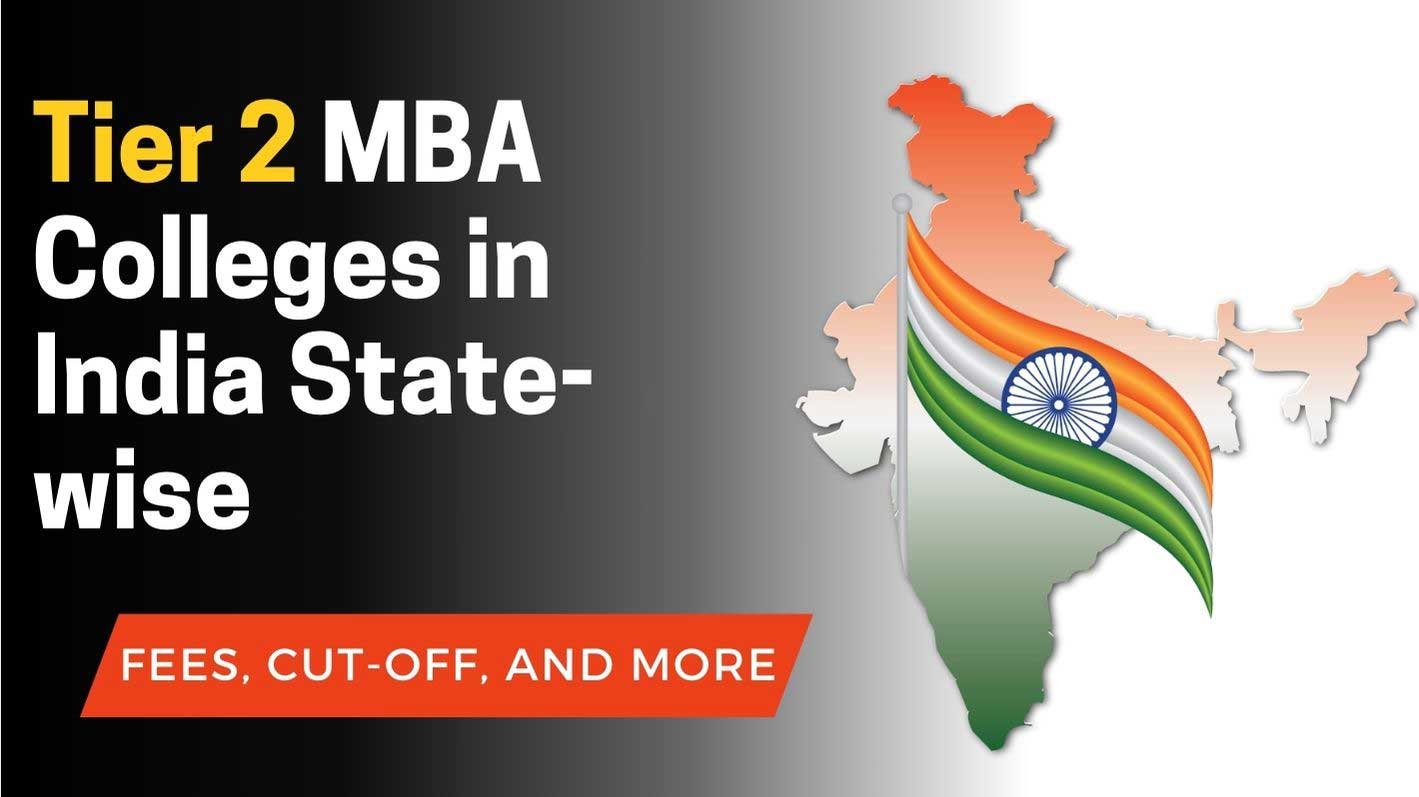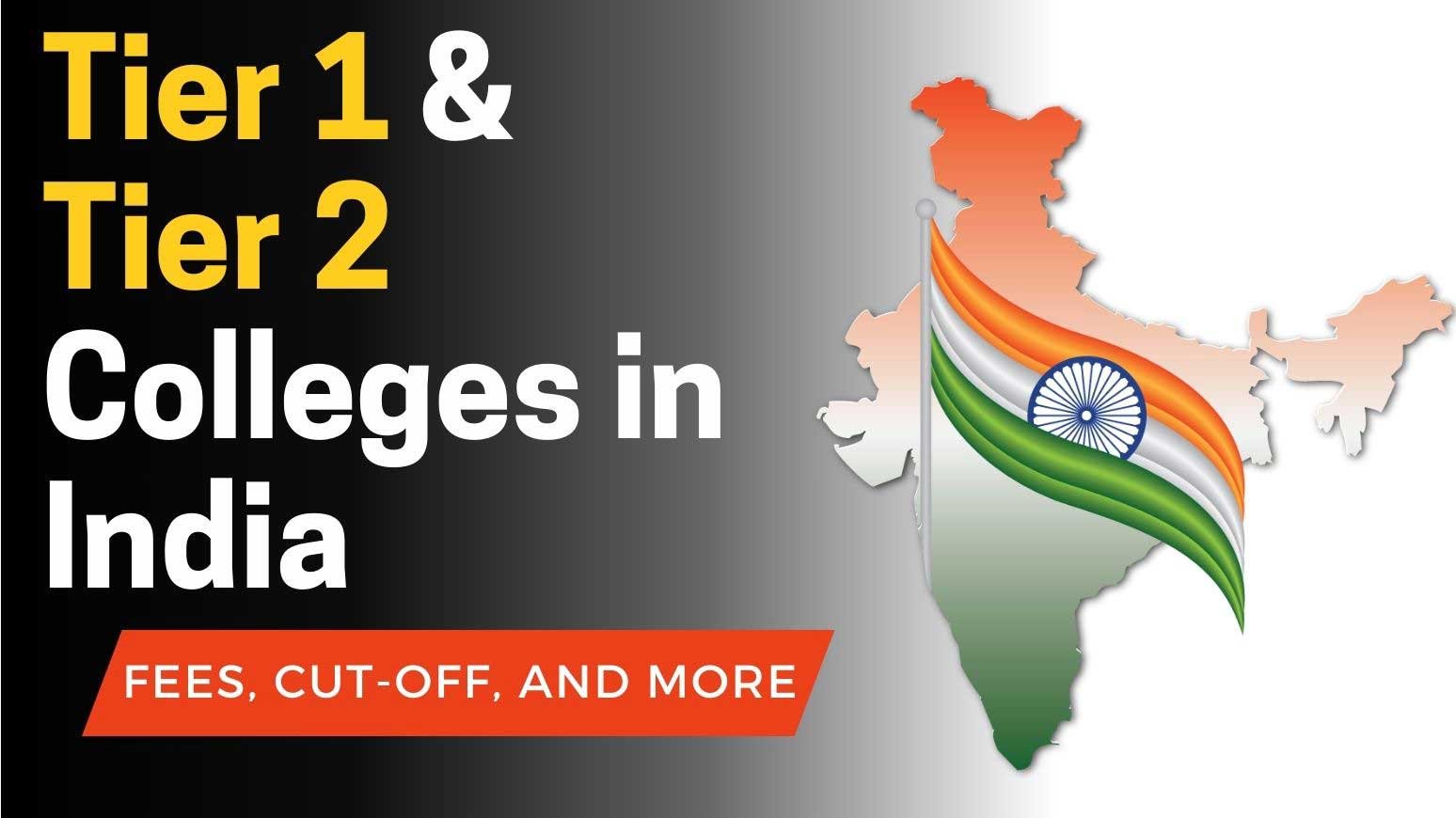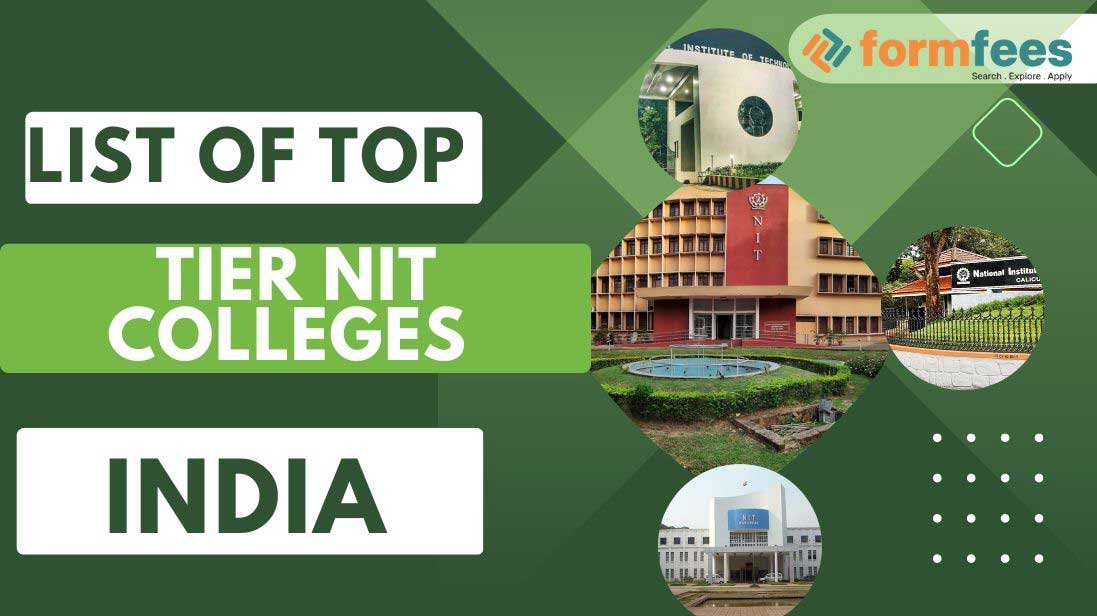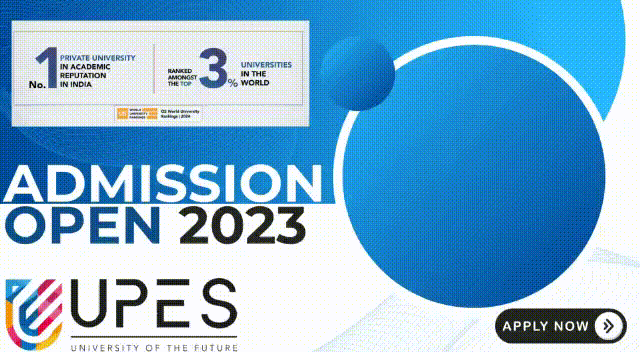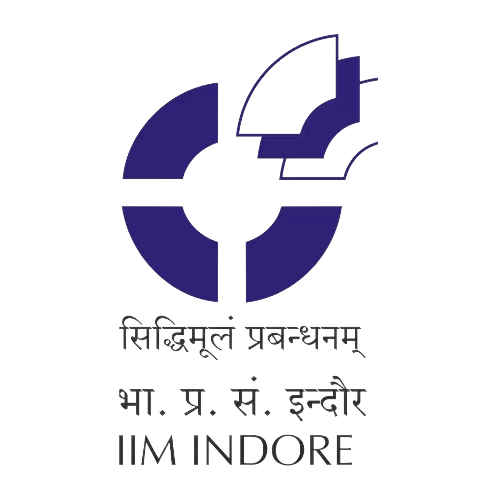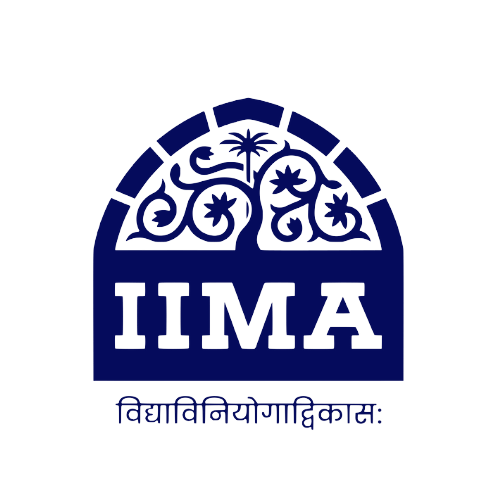Table of Contents
Information Technology
The term information technology (IT) refers to everything businesses do with computers. One can build business communication networks, safeguard data and information, manage databases, help employees troubleshoot problems with their computers or mobile devices, and do a variety of other tasks to ensure the efficiency and security of business information systems. The demand for professionals in this field is high and growing, and people who enter the field have a range of career options to choose from.
Information Technology (IT) is the process of applying technology to solve organizational and business problems. Information/data can be handled and manipulated by computers, networks, storage, and other technical infrastructure, both hardware and software.
Information Technology (IT) professionals are adaptable to the latest emerging technologies, arriving at the most efficient (using the least amount of time and effort) solutions to any technical issues, large or small.
A department's responsibilities include ensuring IT systems are operating effectively and aligned with the organization's needs, and they provide tech support, maintenance, device management, and security testing.
There are several types of courses available
There are various formats of IT courses in India. The following formats are notable:
- Certificate programs
- Courses for vocational training
- Diplomas
- Bachelor's degree programs
- Master's degree programs
- PG Diplomas
- A Postgraduate Certificate course
- Studying PhD
It is well known in India that the IT sector provides many job opportunities. There are thousands of Graduate jobs available in this sector each year, despite its volatility.
All certificate, vocational, diploma, and bachelor's degree courses are considered UG (undergraduate) courses. This course is open to students who have passed 10+2.
A Master's Degree, PG Diploma, or PG Certificate are all Postgraduate (PG) level programs. Applicants who have completed relevant Bachelor's Degree courses are eligible to pursue these courses.
A PhD is a doctoral program based on research. PG students who completed relevant courses at the postgraduate level are eligible for this program.
Since the Diploma and Bachelor's Degree programs are the best. Certificates and vocational programs are also useful. Diploma and Bachelor's Degree courses provide better career prospects and job opportunities
BACHELOR’S DEGREE COURSES
- Bachelor of Engineering or B.Tech. IT - 4 years
- Bachelor of Engineering or B.Tech. Information and Communication Technology - 4 years
- Bachelor of Engineering or B.Tech. Information Security - 4 years
- Three-year BCA (Bachelor of Computer Applications)
- Bachelor of Information Technology (BIT) - 3 years
- Bachelor of Science IT – 3 years
- Five-year integrated program in Computer Engineering (B.E./B.Tech. + M.E./M.Tech. )
- 3 years of BBA in IT
- Three-year BA (IT)
- Bachelor of Commerce. (IT) – 3 years
BSc IT
Unlike a general BSc, a Bachelor of Information Science degree focuses specifically on IT. While the Bachelor of Engineering in Information Technology is a 4-year program, the degree awarded is referred to as B.Tech or B.E. A person can apply for BSc in IT after completing HSC or after completing Engineering Diploma.
Duration of the course: 3 years
Salary average: INR 2-4 lakhs per year
The B.Sc IT course requires a +2 pass certification. B.Sc IT candidates with a 3-year Diploma from the State Technical Education are also eligible. Universities & Colleges that offer this course include many reputable institutions. The course is offered regularly.
A B.Sc. application is required by those wishing to pursue the degree. Applicants to Information Technology programs need to have completed the 10+2 level of education from a recognized educational board, with Physics, Chemistry, and Mathematics as the main subjects, and with a minimum average score of 50%.
The program typically takes three years for a Bachelor's degree in Information Technology. Degrees in this field are primarily focused on subjects like software, databases, and networking. Computer science degrees usually emphasize mathematical and theoretical foundations of computing rather than specific technologies.
B.E and B.Tech. in Information Technology:
Students who are interested in web, internet, and database technology should consider this IT course after their 12th-grade year. The course lasts four years and is composed of eight semesters.
- Physics, Chemistry, and Mathematics, along with a high school diploma or equivalent from a state or federally recognized board, are the major subjects of study. The candidate must obtain at least 55% overall (for reserved category candidates, this may be lowered to 50%).
- Lateral entry candidates are required to have passed all the relevant exams in the respective domains in order to be admitted into the 2nd year of the course.
- There shall be no supplementary or compartment in any of the subjects/subjects at 10+2/Diploma level that has not yet been cleared at the time of taking admissions.
- Other than the above-mentioned eligibility criteria, colleges and institutes may have their own additional requirements that students must fulfil in order to be considered for admission.
- If you are a student from the reserved category, you must present a reservation certificate issued by a respected authority in order to qualify for the benefits that apply to you.
- Generally, institutes offer admissions through the Common Entrance Test (CET) (such as JEE Main). For admission to these institutes, candidates must qualify for the respective entrance exam by achieving minimum qualifying marks.
- These criteria are common to most colleges and universities across the country that offer this course to students.
The course lasts for 4 years
Fees between INR 55,000 and INR 4.25 lacs
B.E or B.Tech. in Information and Communication Technology:
The B.E. or B.Tech. Information Communication is a four-year academic course divided into eight semesters.
- For applicants of the B.Tech program in Technology and Communication, these general eligibility requirements apply:
- Candidates must have passed 10+2 (Science Stream) or its equivalent from a recognized board in India.
- To be eligible for Science, students must have a minimum of 50% aggregate in class 12
- Relaxations of up to 5% are granted to reserved categories such as SC/ST
- A student must pass the qualifying examination with Physics, Mathematics, Chemistry, and a choice of additional subjects.
- The applicant must possess all the above-mentioned credentials in order to meet the B.Tech in Communication Technology eligibility requirements.
- The eligibility requirements for a Bachelor of Technology in Information and Communication Technology vary from institute to institute.
Duration - 4 years
Fee (approx.) - For public institutes, 2 - 9 lakhs
Private colleges charge between INR 6 and 17 lakhs
B.E and B.Tech. in Information Security:
B.E. and B.Tech in Information Security are 4 years long academic courses divided into 8 semesters.
The eligibility criteria for B.tech information security are:
- At least 50% of the marks must come from a recognized college or university for students to qualify for 10+2.
- Students belonging to reserved categories such as SC, ST, and OBC receive 5% moderation.
- Physics, Chemistry, Biology, and Mathematics should be studied in the Science stream.
- There are no receptacles accepted for any subject. It is important that students have a full understanding of each subject.
- As part of the common admissions test, some colleges and universities have different eligibility requirements.
Duration: 4 years
The course fee ranges from INR 6 lakhs to INR 12 lakhs
BCA (Bachelor’s of Computer Application):
You should consider taking this course if you have an interest in computer science and programming. The program offers an alternative to traditional computer science engineering programs. C++ and C programming languages are covered in this course.
Technically, it is an education program for computers. The Bachelor of Computer Applications degree takes three years to complete.
Eligibility Criteria
- To be eligible to pursue the BCA (Bachelor of Computer Application) course, candidates must meet the following requirements:
- The candidate must have completed 12th grade in any stream from a recognized board.
- At least 50% of the candidates must have scored well in the qualifying examination.
- Admission is also open to candidates who are in their final year of study.
Duration - 3 years
Fees - 30,000 to 50,000 (depending on the institute)
BIT (Bachelor of Information Technology):
Information systems are managed, designed, tested, developed, and operated in this course. Our course is designed to provide students with information about IT and to turn them into skilled IT professionals. There are 6 semesters in this 3-year program.
Eligibility
- Students must have completed the 10+2 or equivalent examination in Science stream with Mathematics, Physics, and Chemistry as subjects studied and secure at least 50% marks in Maths and/or in aggregate from a recognized board of education.
- Admission to some colleges and institutes is also based on an entrance examination. These colleges select students for their degree programs based on the marks secured in the final merit, which is the total marks in the final exams of 10+2 plus the entrance exam.
Duration - 3 Years
SCOPE:
India's liberalization was possible because of its IT industry, according to an article in the Times of India. The company started out making around $100 million in exports with about 5,000 employees in the 1990s. India's IT exports are now around $70 billion with 2.8 million employees, making it an industry that thrives globally. Currently, the IT industry is among the top two industries in the country, according to the article.
According to Ernst & Young, the domestic IT demand in India is predicted to surpass $90 billion within the next decade. As India's economy requires more hardware, software, and other IT services, this clearly shows that IT is likely to be one of the emerging markets in the future. Five factors contribute to India's position in the global offshore IT industry - abundant talent, urban infrastructure, operational excellence, a conducive business environment, and growth in the domestic IT sector.
Several factors, such as the global economy and the rate of its growth, affect the IT industry. India's IT community was also negatively impacted by the recession in the United States. Despite the great potential of this segment and its huge potential, this segment suffers from a widening supply-demand gap. The industry faces a number of challenges, such as inadequate infrastructure, taxation issues, and limited access to preferential financing. There are a number of low-cost destinations in Asia, and India's tax structure needs to change to be competitive.
In India, the computer and IT industries provide employment, which is one of the biggest benefits. The export of goods and the foreign direct investment (FDI) of the capital provide additional benefits. South and South-East Asia, as well as the Middle East, Africa, and Eastern Europe have become more open to foreign competition. Now, India is one of the most popular destinations for IT outsourcing.
The IT industry is one that is not limited to software development alone. In libraries, hospitals, banks, shops, prisons, hotels, airports, train stations, and countless other places, technology can be applied through the use of database management systems, or through custom software programs.
The IT industry has been growing for more than a decade and has the potential to continue to grow for the next couple of years if shortcomings are overcome and challenges are met.
JOBS:
- Data Scientists
Consequently, data scientists can expect to earn a salary that is 36% higher than most people in the analytics sector. If you gain subject knowledge or get multiple degrees in data science, your salary is likely to soar to new heights. A data scientist can earn up to 7 lakhs/annum at the entry level and up to 21-25 lakhs/annum as a senior.
5-7 lakhs per annum* as entry-level
*Middle Level: 12-15 lakh/annum
*Senior Level: 21-25 lakh per annum
- Artificial Intelligence Professionals
Almost all the major companies offer lucrative offers to AI experts, as well as a variety of other benefits.
Professionals in AI are primarily responsible for making machines intelligent. They are responsible for understanding and creating AI algorithms as well as programming.
Middle Level: 17 lakh/annum*
*Senior Level: 26 lakhs per annum
- Cyber Security Professionals
Cybercriminals pose a threat to brands and businesses. Cybersecurity experts can easily earn between $30-40 lakhs per year, according to recent reports.
6 lakhs/annum* as entry level
*Middle Level: 10-12 lakhs/annum
Senior Level: 30 lakhs a year*
- Machine Learning Professionals
Machine learning experts are proving to be valuable assets to companies, and their demand keeps rising every year. Certifications or degrees in machine learning can propel your career in exciting new directions.
*Entry Level: 5-7 lakhs per annum
*Middle Level: 15 lakhs/annum
Senior Level: 22 lakhs per year*
- Full Stack Developers
You can expect to receive high-paying offers both from startups and large corporations if you are proficient in Java, CSS, Python, RubyonRails and other coding languages.
**Entry Level: 5-6 lakhs per annum
**Middle Level: 8-10 lakhs/annum
**Senior Level: 10-12 lakhs per year
- Cloud Computing Professionals
In India, there are currently more openings than qualified candidates for cloud computing. Your salary can increase by 60% with a cloud computing degree. The earnings of an experienced expert may even exceed 70 lakhs per year.
**Entry Level: 6-8 lakhs per year
**Mid Level: 10-12 lakhs per annum
30 lakhs/annum** at senior levels
- Software Engineers
Money keeps flowing into this sector due to international projects and a steady domestic market. For a seasoned engineer with 4-5 years of experience, the salary can range from 10 to 12 lakhs.
*Entry Level: 4-6 lakhs/year
4-5 lakhs/annum* at the mid-level
*Senior Level: 25-30 lakhs per annum
- DevOps Engineer
Engineers in DevOps work both for the operations team and the development team. Jenkins, Linux, Unix, and Git are some of the tools that DevOps Engineers commonly use. Code, script, and other popular programming languages should be familiar to them.
- Blockchain Engineer
Blockchain engineers are responsible for developing and implementing blockchain-related solutions and architectures. Digital payments are becoming more and more popular in India, and as a consequence, blockchain has emerged as an essential tool for the financial sector in particular.
- IoT Solutions Architect
The role involves developing strategies and overseeing the deployment of all IoT solutions within an organization. In addition to a great experience, the role calls for proficiency in programming, hardware design, and architecture.
Frequently Asked Questions:
Q1.What subjects do you need to study information technology?
Ans. Economics, Chemistry, Statistics, Mathematics, English, Theory of Computing, Operating Systems, Databases, Networks, Artificial Intelligence, Data Structures, Mathematical Analysis, Computer Architecture, Software Engineering, Multimedia, System Development, Philosophy.
Q2. What is the syllabus for IT?
- Architecture and organization of computers
- Databases
- Operational Systems
- Computers & electronics
- Networks of computers
- Computer Systems Foundations
- Website design and Java programming
- Algorithm Design and Analysis
- Engineering software
- A database management system
- ERP & E-Commerce
- Applications for multimedia
- Programming with Object-Oriented Concepts
- The data structure
- Data warehouses and data mining
- Mathematics for engineers
Q3.What are the qualifications for information technology?
Ans. Companies in India typically hire candidates with a bachelor's degree in either information technology or computer science, which are the two basic qualifications for an IT job.
Q4.What should I study to get a job in the IT industry?
- Web design
- In the field of data science
- Courses in Industrial Automation
- Learn how to use machine learning
- The Internet of Things (IoT)
- Software for simulating
- Developing apps
- Marketing on the Internet
Q5.Is it difficult to study information technology?
Ans. When it comes to the subjects of IT, it's also not very hard here, you'll learn about computing, databases, spreadsheets, and some other software programs, these are all very simple and really easy to understand programs.
Q6.What is the best subject for technology?
Ans. A degree in a STEM subject (science, technology, engineering, and mathematics) is a good place to start if you are interested in building a career around a new technology, and a STEM degree is the first step towards contributing to the next stage of technological innovation.


